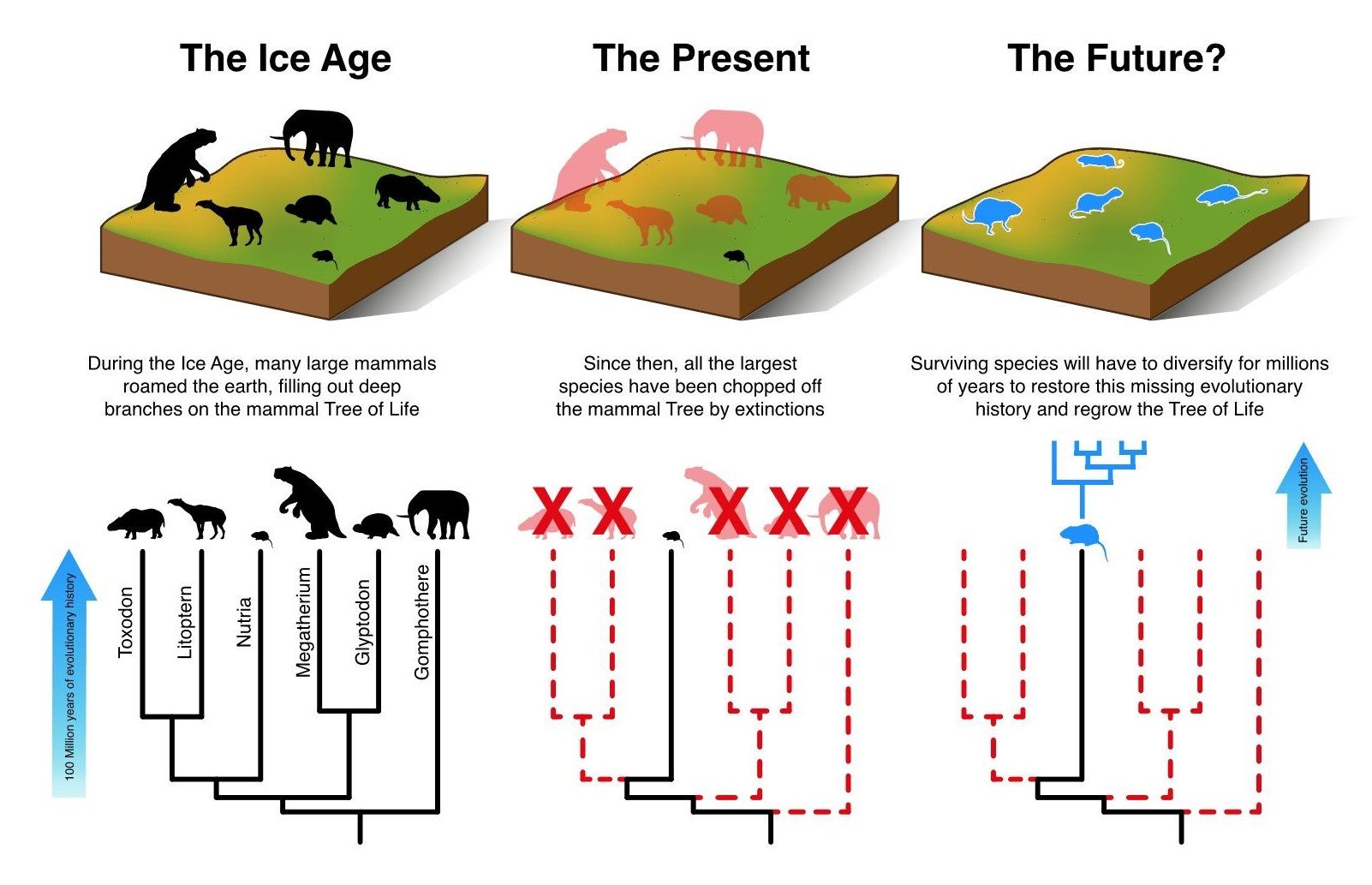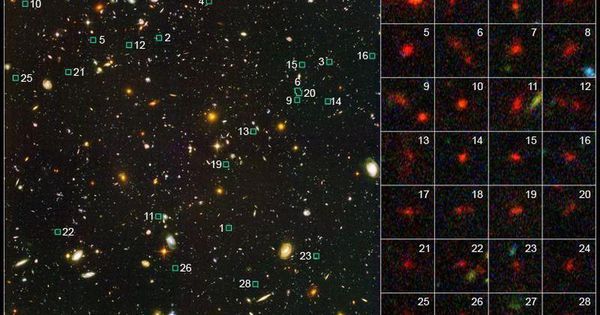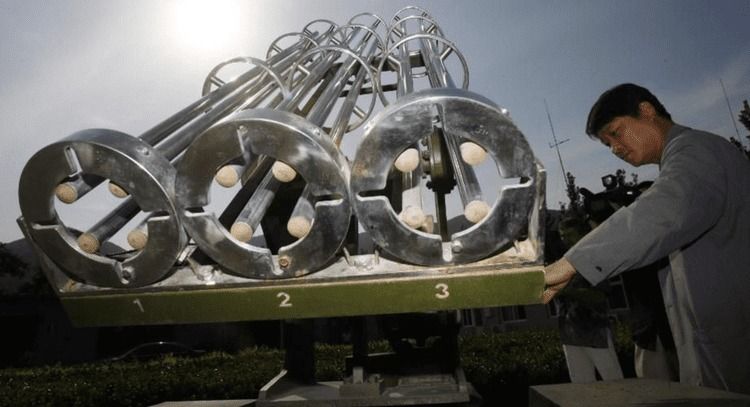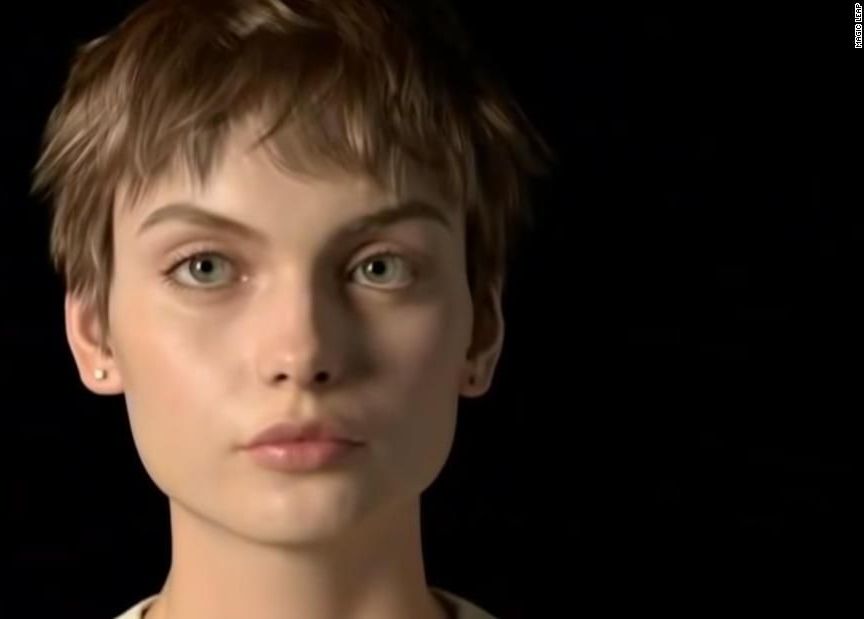Oct 15, 2018
Mammals cannot evolve fast enough to escape current extinction crisis
Posted by Xavier Rosseel in categories: evolution, existential risks
Humans are exterminating animal and plant species so quickly that nature’s built-in defence mechanism, evolution, cannot keep up. An Aarhus-led research team calculated that if current conservation efforts are not improved, so many mammal species will become extinct during the next five decades that nature will need 3 to 5 million years to recover.
There have been five upheavals over the past 450 million years when the environment has changed so dramatically that the majority of Earth’s plant and animal species became extinct. After each mass extinction, evolution has slowly filled in the gaps with new species.
The sixth mass extinction is happening now, but this time, the extinctions are not being caused by natural disasters; they are the work of humans. A team of researchers from Aarhus University and the University of Gothenburg has calculated that the extinctions are moving too rapidly for evolution to keep up.
Continue reading “Mammals cannot evolve fast enough to escape current extinction crisis” »


















